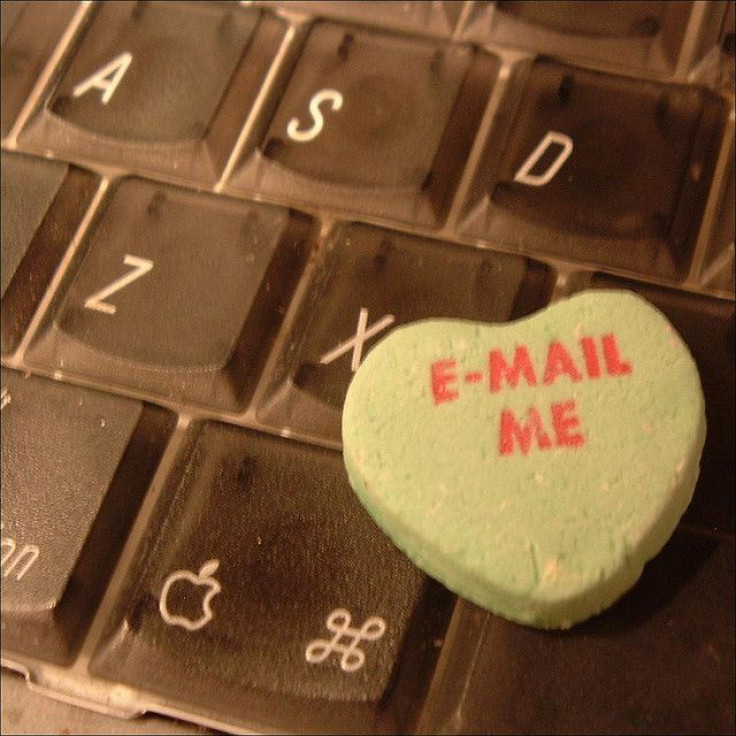Digital Love Letters: With Millennials, Email Is Better For Expressing Love Than Voicemails

Here’s a fun experiment for all the millennials reading this. Find someone that is at least 20 years older than you. Make sure that person is in a relationship or that they at least pursued one earlier in their lives with the intention of starting a relationship. Ask that person how they communicated with their potential love interest, and then listen in horror as they recount calling this person on the phone or sending them love letters. Finally, run in the opposite direction screaming bloody murder over the fact they didn’t use text messages, or anything digital, for that matter. Experiment over.
In this digital age, new research from the Indiana University, published in Computers in Human Behavior, has found that sending an email can be much more effective in expressing your romantic feelings than something like leaving a voicemail. Though conventional wisdom would have us believe that leaving a voicemail is much more personal than electronic mail, this doesn’t seem to be the case among millennials.
"The bottom line is that email is much better when you want to convey some information that you want someone to think about," said Alan R. Dennis, an author of the study and John T. Chambers chair of Internet systems at IU's Kelley School of Business, in a press release.
Using psychophysiological measures from 72 college-aged people, Dennis and co-author Taylor M. Wells, an assistant professor of management information systems at California State University, Sacramento, set out to discover how voicemails, emails, and texts influence and distort communication in work and personal settings. They found that people who sent romantic emails were more emotionally aroused and used stronger, more thoughtful language than when leaving a voicemail.
"When writing romantic emails, senders consciously or subconsciously added more positive content to their messages, perhaps to compensate for the medium's inability to convey vocal tone," Dennis and Wells wrote in the paper. They went on to say that email allows people to modify their messages to ensure they used the words they felt were perfect for the situation. Since voicemail is recorded in a single take, Dennis and Wells found people sending emails “may think about the task more deeply than when leaving voicemails. This extra processing may increase arousal."
The researchers said this study flew in the face of the “media naturalness” theory, which suggests that the further we get away from face-to-face communication, the less natural and effective it becomes. "In this case, we found people adapted," Dennis said. "Email's been in the popular consciousness since the 1990s, and if you look at the new generation of millennials, and that's who we studied, they've grown up with email and text messaging. So it may not be as unnatural a medium as we at first thought.”
Source: Wells, T. Dennis, A. To email or not to email: The impact of media on psychophysiological responses and emotional content in utilitarian and romantic communication. Computers in Human Behavior. 2015.



























